Nearly three months after California’s minimum wage increased for its fast food workers, the industry has been struggling to adjust to paying a fair wage while making a profit.
While many fast food restaurants are raising prices to compensate for the higher wages, the California Business and Industrial Alliance believes the minimum wage law is costing jobs. But is that the truth?
Truth or Propaganda?

The California Business and Industrial Alliance placed a full-page ad in USA Today, stating that California lost nearly 10,000 fast-food jobs since Governor Gavin Newsom signed the law in September 2023.
The ad listed a dozen chains—including Pizza Hut, Cinnabon, and McDonald’s—that have had to cut employment or raise prices.
The Victims of Newsom’s Minimum Wage

According to the ad, the chains are “victims of Newsom’s minimum wage,” which increased the minimum wage in fast food from $16 to $20 starting April 1.
The ad also states, “The rapid job cuts, rising prices, and business closures are a direct result of Governor Newsom and this short-sighted legislation.”
The Sources Cited

The ad pulled data from UCLA economics professor Lee E. Ohanian’s article on the Hoover Institution’s website. Ohanian, a senior fellow, referenced the Wall Street Journal’s report that restaurants across California were cutting jobs in anticipation of the minimum wage increase.
The article states that employment in California’s fast food industry was “down 1.3% from last September,” when Newsom signed the minimum wage law.
Predictions for the Minimum Wage Law
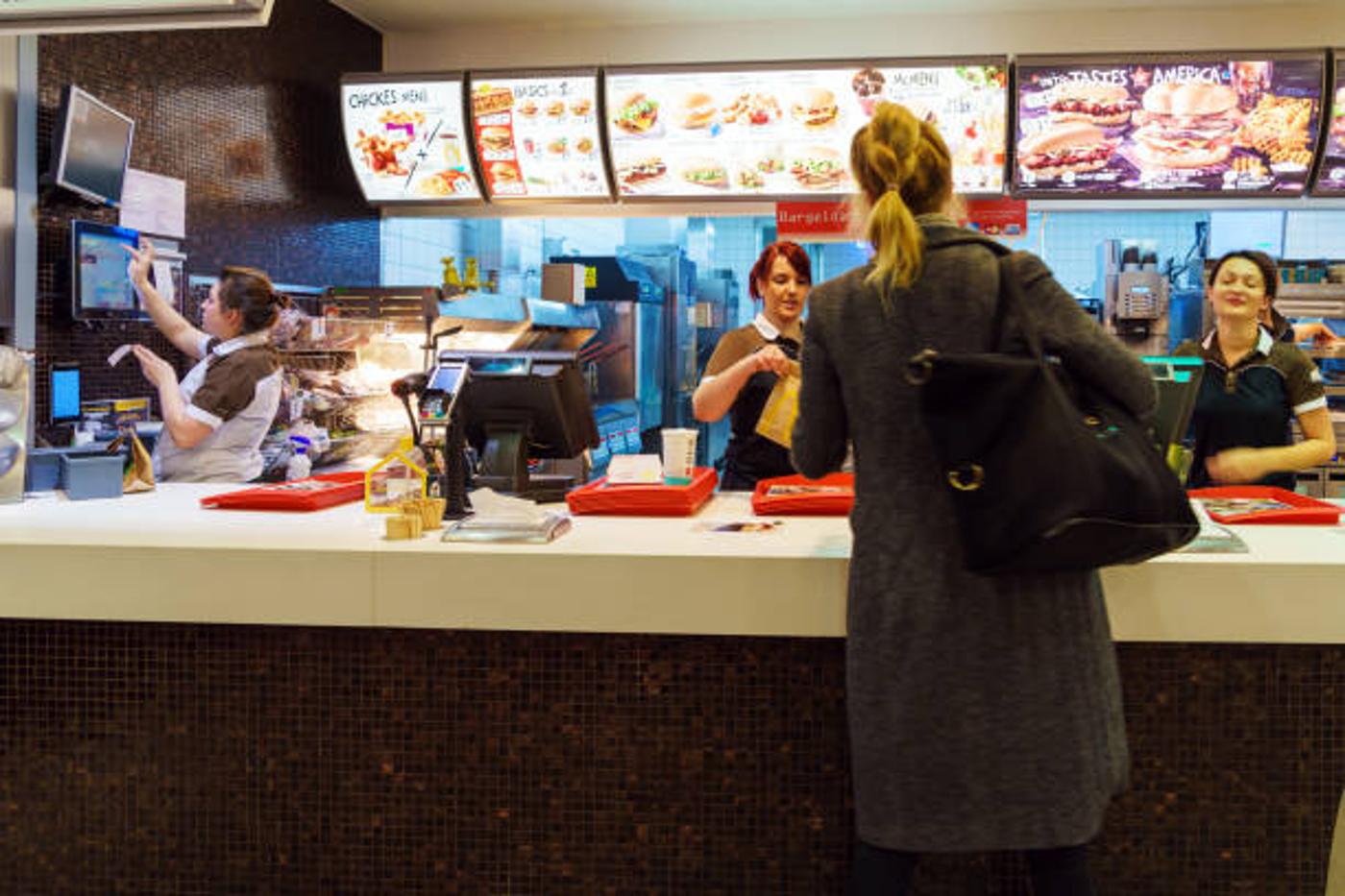
Ohanian wrote that the pace of job loss in fast food was far greater than the overall decline in private employment in California from September through January.
From this, Ohanian concluded that the higher labor costs resulting from the new law likely caused many of the lost fast-food jobs.
Backing Up Their Claims
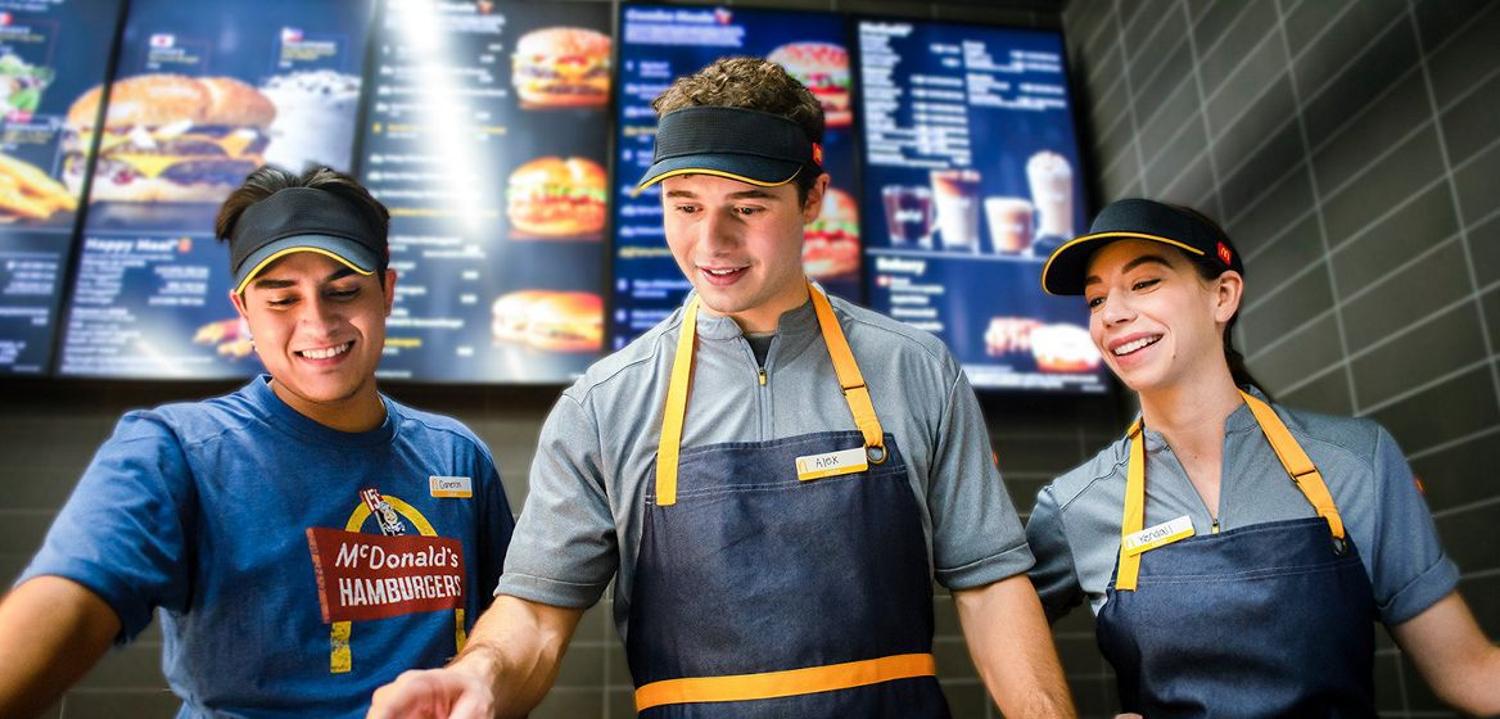
Using Ohanian’s article as a source, the CABIA claims that “nearly 10,000” fast-food jobs were lost due to the minimum wage law in its USA Today ad.
“The rapid job cuts, rising prices, and business closures are a direct result of Governor Newsom and this short-sighted legislation,” said CABIA founder and president Tom Manzo on the organization’s website.
Are the Claims False?

According to the Los Angeles Times, these claims are false. From September to January, the period covered by the ad, fast food employment in California has increased.
Statements from the Bureau of Labor Statistics and the Federal Reserve show that the claim is a misrepresentation of government employment figures.
Employment Fluctuates With the Seasons
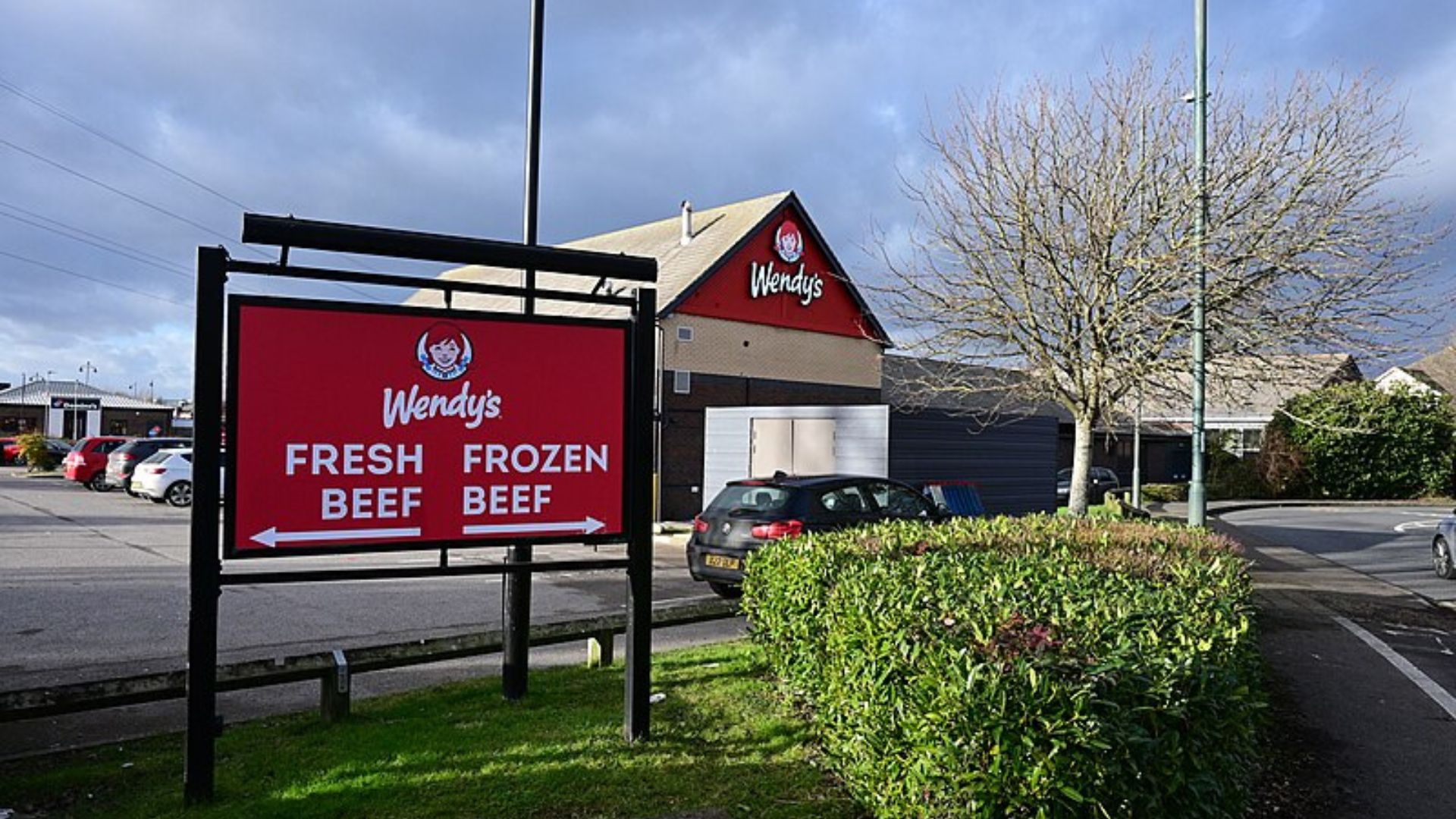
Employment in seasonal industries like restaurants fluctuates, creating a predictable pattern that was not adjusted when the numbers were pulled for the ad.
According to the LA Times, “The Wall Street Journal’s figures correspond to non-seasonally adjusted figures for California fast-food employment published by the Bureau of Labor Statistics.”
The Real Effects of the Minimum Wage Law
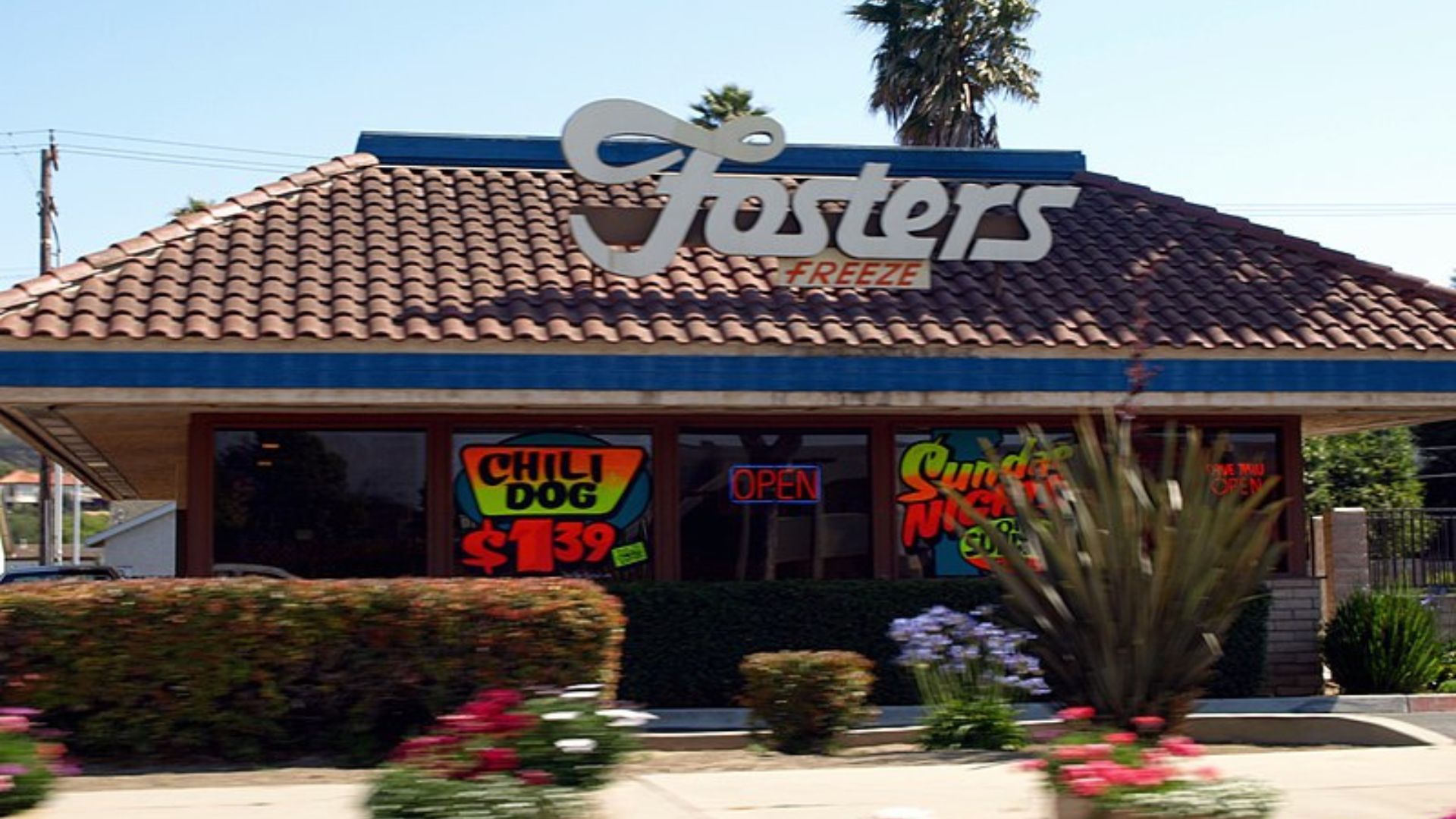
As of April, employment in the limited-service restaurant sector, which includes fast food establishments, was higher by nearly 7,000 jobs when compared to April 2023.
Sure, some chains have had to close their doors due to the minimum wage increase, but corporate lobbyists are inflating the number of cut jobs to push back against the bill.
The Actual Problem for Restaurants
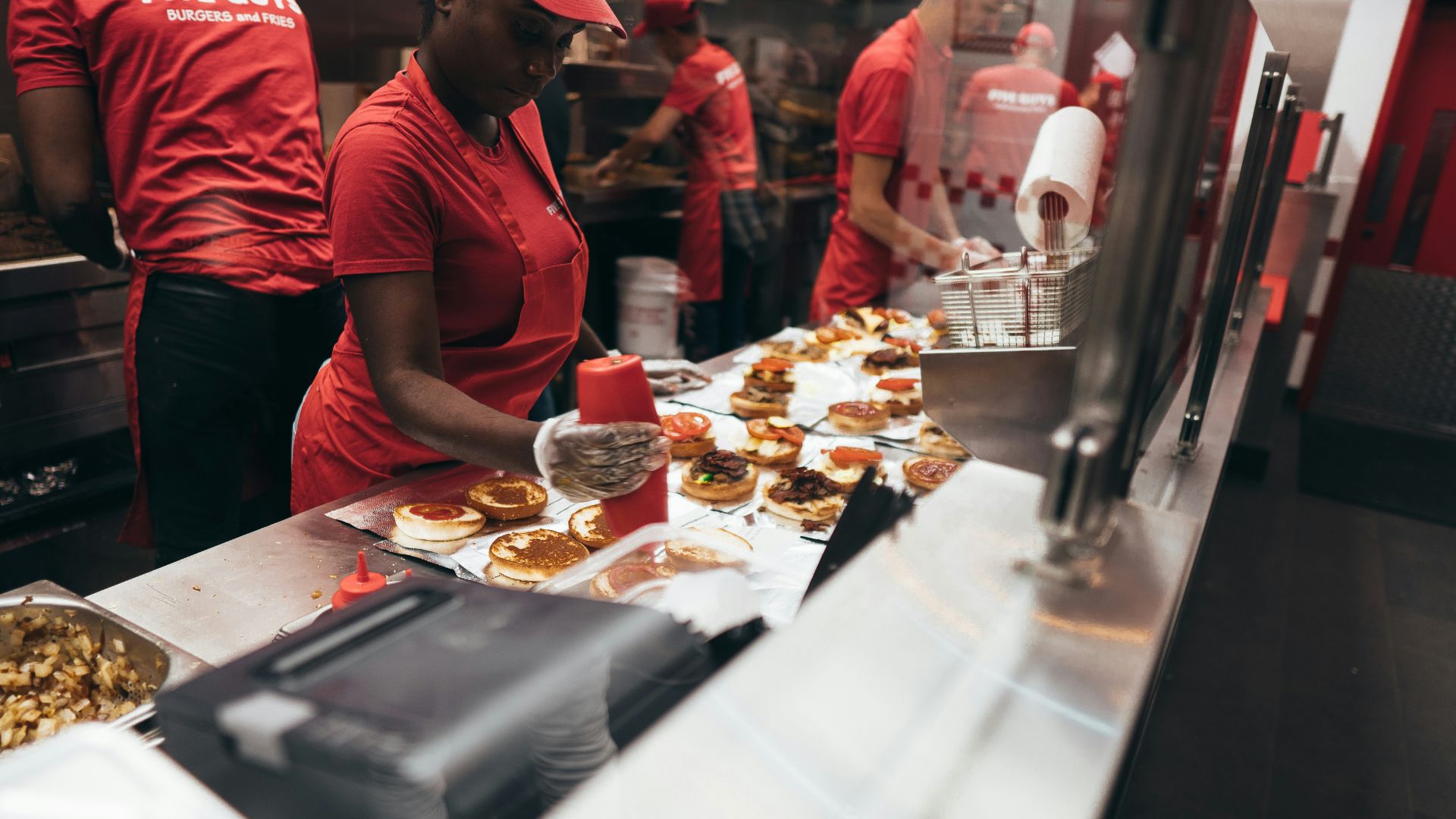
The cost of labor is one of the many expenses that owners have to oversee, but the inflation of the cost of food is the main issue many of these chains deal with. Food, beverages, and packaging cost a Newport Beach-based Chipotle Mexican Grill $2.9 billion, an increase from $2.6 billion in 2022.
The increase in cost did not reflect the increase in food sales (which were down from 30.1% to 29.5%). Instead, it’s just the cost of food in general.
California Is an Expensive State to Operate In
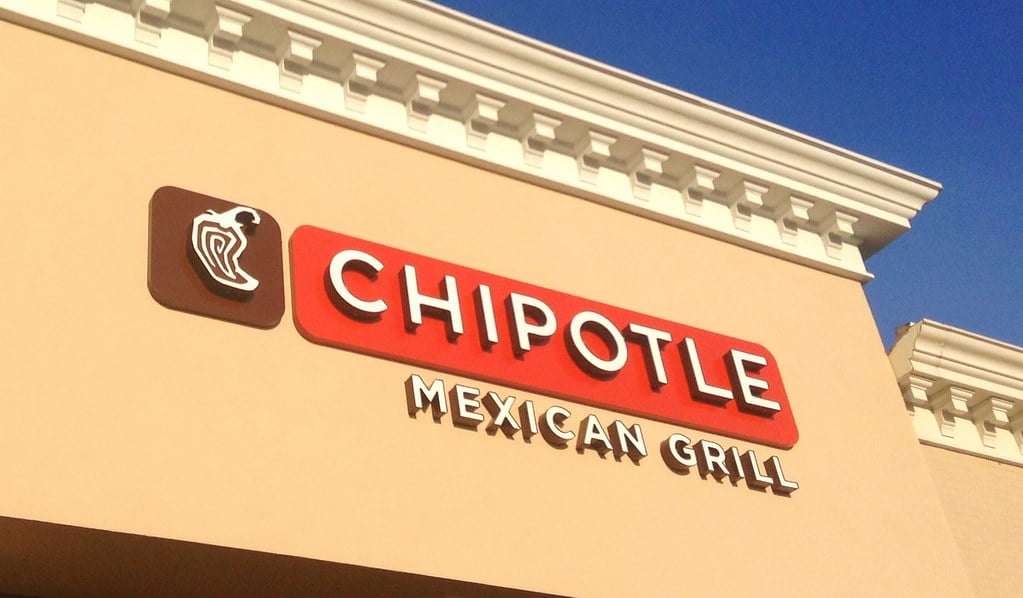
While establishments close their doors because of the high cost of operating in California, labor cost is not the main contributor.
Operating in California is almost impossible for most businesses that are just doing OK. But this isn’t just a California problem.
Bankruptcy Blues

Over the last decade, many companies have been struggling to stay afloat. Almost every week in 2024 has come with the announcement of a beloved chain restaurant filing for Chapter 11 bankruptcy.
Sure, some people cite the increases in the minimum wage as a reason for these companies’ bankruptcies, but their heavy debt burdens are the main factor weighing them down.








































